Pocos Pero Locos
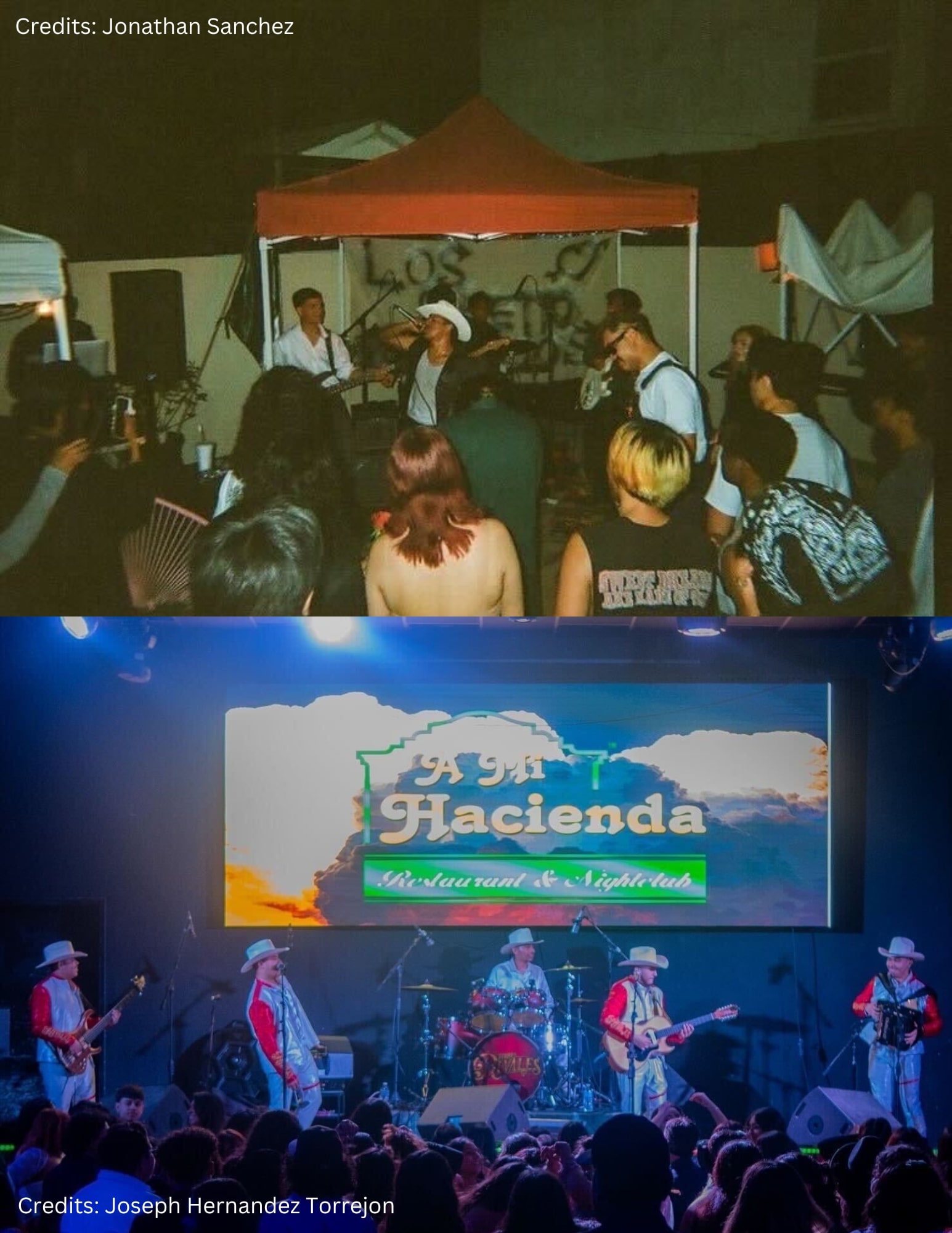
Photo Credits to: Jonathan Sanchez and Joseph Hernandez Torrejon
For many millennia, music has served as an artistic expression of culture and as a preservative of tradition. Though the world’s communication is divided into 7,139 distinct languages, none are as universally understood as the language of music. Ranging from a memory trigger to a method of spreading awareness, music varies greatly in its expression. For many Latin Americans, music has given us a medium for cultural acceptance in a land that we share a complicated history with north of the Rio Grande River, in what is now known as the United States—the place many of us hesitantly call “home.”
With many of us not being born in the motherlands like our parents and grandparents, we often tend to seek connections to our roots through cultural traditions. Through an often chaotic yet warming combination of delectable foods, soulful music, and big families, we find the northern incarnation of Latine culture in a land foreign to our parents, but home to many of us. A dependently reliable form of connection, music’s wide variety within the greater Latine landscape provides a personal connection to our roots. Though perhaps inspired by our family’s music tastes, our favorite songs function as cues for certain emotions and memories according to the listener, giving each of us an individualized interpretation of our culture’s sound. When life becomes chaotic, music can function as the hug from home that we need to ground us.
Serving as a personal connection to home, music also serves as a tool for collective celebration. Music reflects culture, and at UCLA, music has given Latine students a medium for powerful representation in the underrepresented environment of Westwood. Latine Bruins have, however, consistently campaigned for more accurate student body representation in the heavily Latine state and city we attend school in, provoking UCLA’s push to become a Hispanic-Serving Institution by 2025. Despite this, Latine students tend to feel alienated on campus regardless of hometown due to this institutional shortcoming. As a result, many Latine Bruins have looked for other means of cultivating a supportive community that understands their home and culture by joining affinity clubs and exploring non-academic interests such as music. This has sparked a flame of cultural appreciation, and from traditional sounds to emerging styles, Latine music’s soulful kinship to home has fueled the Latine artists of UCLA who infuse the beautiful sounds of our diverse cultures into the representative environment we seek to create.
Created in spring of 2022, a group of UCLA students and childhood friends collaborated to bring a uniquely distinct Latine sound to Westwood: Ghetto Foos. Comprised of members with Chicano, Central American, and South American heritages, the group represents the wide variety of backgrounds present within the Latine demographic at UCLA and, more broadly, the greater LA area. However, with a name that is unmistakably a product of inner-city Los Angeles, Ghetto Foos has captured the rebellious energy of the 1960s with the modern sounds of 21st-century rock through a mix of Spanish rock, cumbia covers, and developing original compositions. When discussing the group’s name, second-year Bruin and founding guitarist Joel Salas-Villa explained that he “started seeing a lot of people using the word ghetto and just kind of changing it up, saying like, be proud of where you come from.” Often used to speak down on the inner-city neighborhoods that many of us come from, the word “ghetto” has historically been used to belittle financially poor, minority communities. By accepting these terms and producing a unique sound that attracts not only the ears of Westwood, but of other parts of LA as well, Ghetto Foos success is a “¿Y que?” in the face of negative stereotypes associated with the building blocks of their group name.
Marking a key moment in the group’s history, Ghetto Foos performed in front of hundreds of spectators at the Día De Los Muertos festival hosted by Mid-City Mercado in West Adams, LA on November 4th, 2023. Here in the heart of LA, a city damaged beyond measure by the systemic racism that has plagued it for generations, one could see hundreds of Brown students from the top public university in the nation gathered to celebrate the success of one another in spite of the barriers that sought to prevent our triumph. Though there is no shortage of nightlife in LA on a Saturday night, Bruins elected to find transportation to West Adams and support a homegrown Latine group performing in a deeply cultural event. In bright contrast to the all-too-common lack of support for other Latines seen within our cultures, that night for Ghetto Foos has stood as a shining example of the beauty of love and unity.
Building on this love and unity just two weeks later, one could see hundreds gathered in the Exposition Park Rose Garden for UCLA’s crosstown battle against USC Football, in which the Bruins emerged victorious. With a performance that saw hundreds of Bruin spectators, Grupo Rivales’ first performance for a UCLA crowd was impressive to say the least, not to mention the hundreds of Trojan spectators in attendance as well. Birthed four years ago by a group of high school students from LA, Grupo Rivales is yet another homegrown product that later found itself in Westwood. Drawing strongly on the traditional sounds of Mexico, Grupo Rivales has produced a variety of music ranging from blue-collar work songs such as “Los Principios,” to original romanticas like “Ilusionado.” In a heavily saturated market, especially in the LA area, Grupo Rivales’ youthful talent and lively approach to performance has proven successful. In describing their style of performance, second-year Bruin and founding accordionist Angel Romero characterizes it as “Playing con ánimo… that gives us a form of charisma.” Reminiscent of the early 2000s music scene which saw many youthful Mexican groups rise to prominence, Grupo Rivales is a part of a new generation which has seen widespread popularity and production of Latine music north of the southern border. Through their work and success, they have inadvertently become direct falsifiers of the imposter syndrome which plagues many minority students at UCLA. Just as high-profile artists are important components to representation on a global scale, the representation of Grupo Rivales and Ghetto Foos on a more local level serves as a relatable source of inspiration and pride for the many students who feel alienated and underrepresented.
A symbol of the strong roots of Mexican culture specifically, the LA music scene’s density of música regional sees young Mexican artists applying modern twists to the songs of the past in an effort to pay homage to the generations who came before them. In contrast to the 80s renditions of songs, which were typically played with banda, the youth of today have shown a preference for a more guitar-heavy sound. No slouch to the big names on either side, Grupo Rivales has been scheduled to open for icons such as Los Alegres Del Barranco and Luis R. Conriquez. Similar to Ghetto Foos’ performance in West Adams, Grupo Rivales’ memorable performance at the Rose Garden functioned as a meaningful merging of past and future. At an event characterized by the prestige of the institutions involved, which were not founded with Brown enrollment in mind, the cultural sounds signified not only tradition, but triumph in an earned environment.
When attending an institution that is seemingly void of any symbol of Latine culture, it is often easy to feel as though you are in a foreign land. Through their sound and prominence, Ghetto Foos and Grupo Rivales have brought home to Westwood. Representation matters, and for many, the sight of a successful person who resembles them is all that is needed to spark self-belief. Originating from relatable backgrounds and working their way up, the success of both groups has served as a testament to the resilient Latine spirit in the U.S., giving us a proud representation of who we are and what we can be.


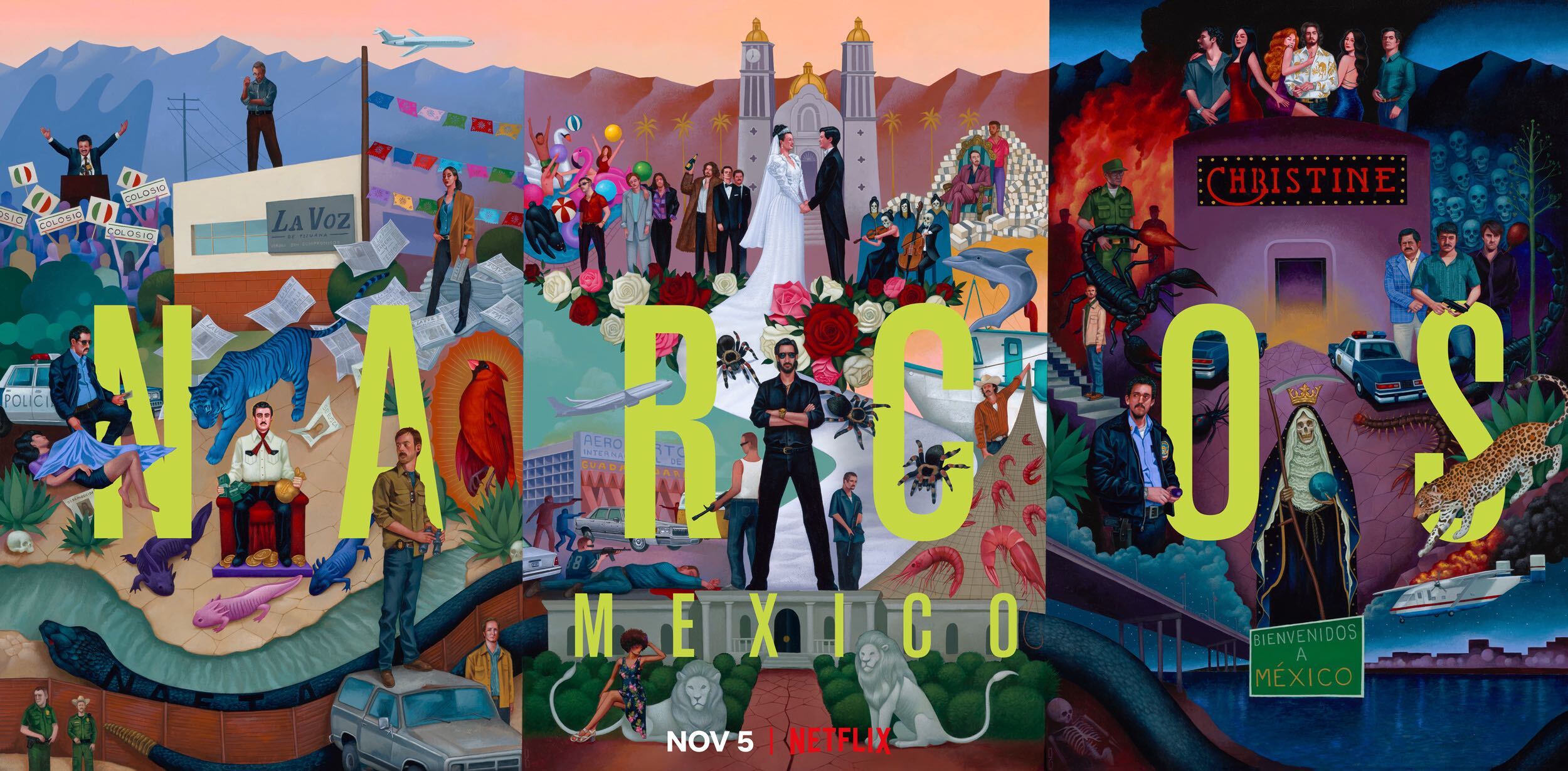
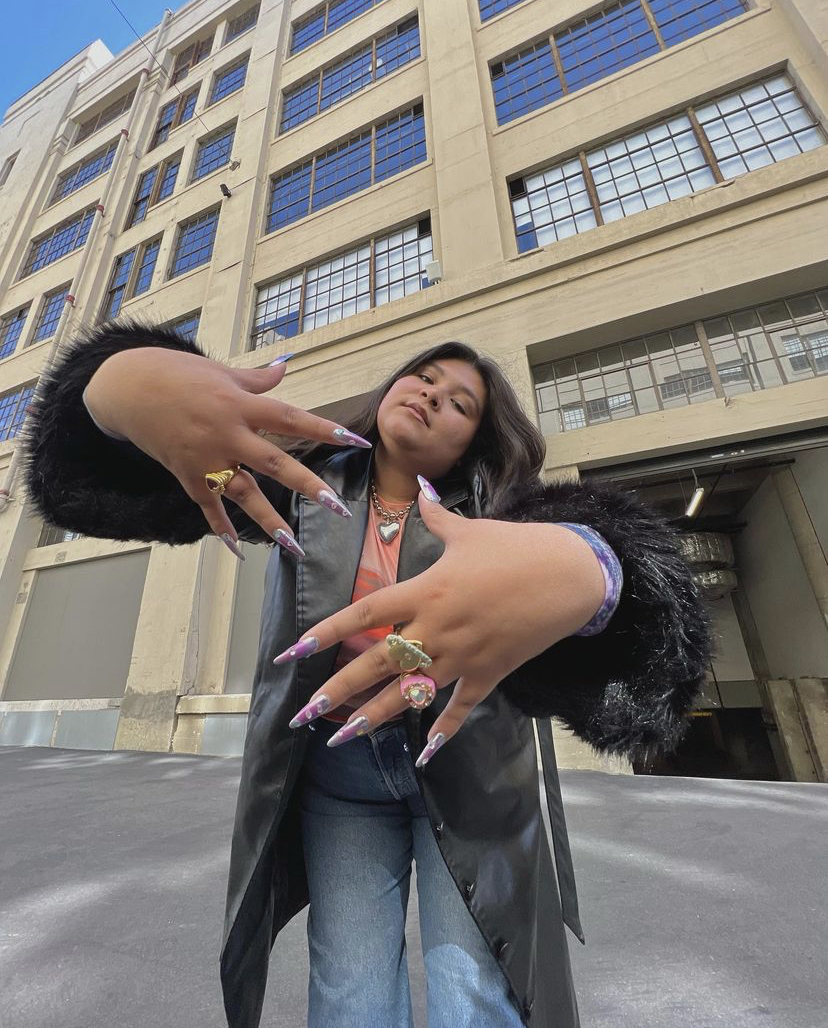
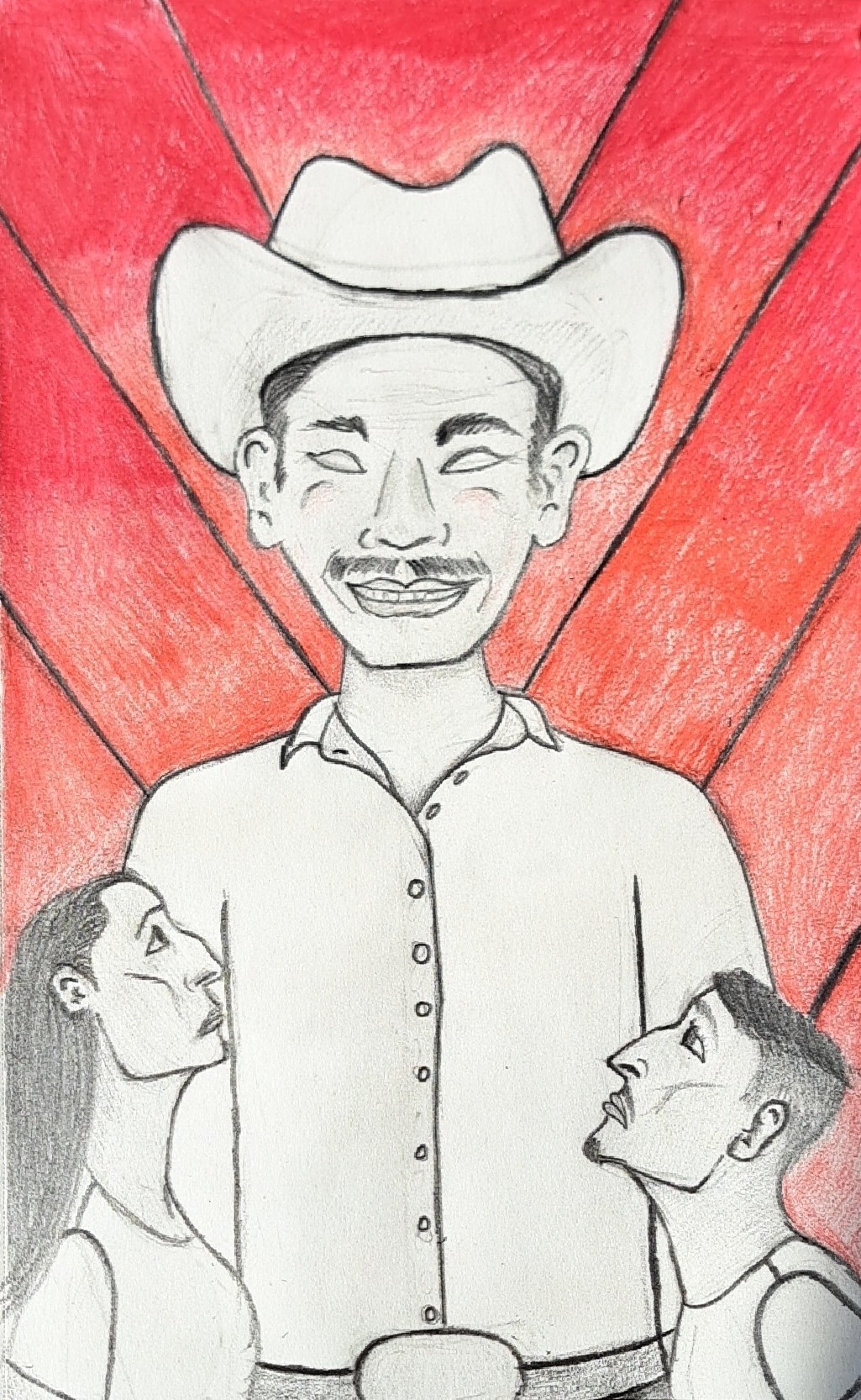
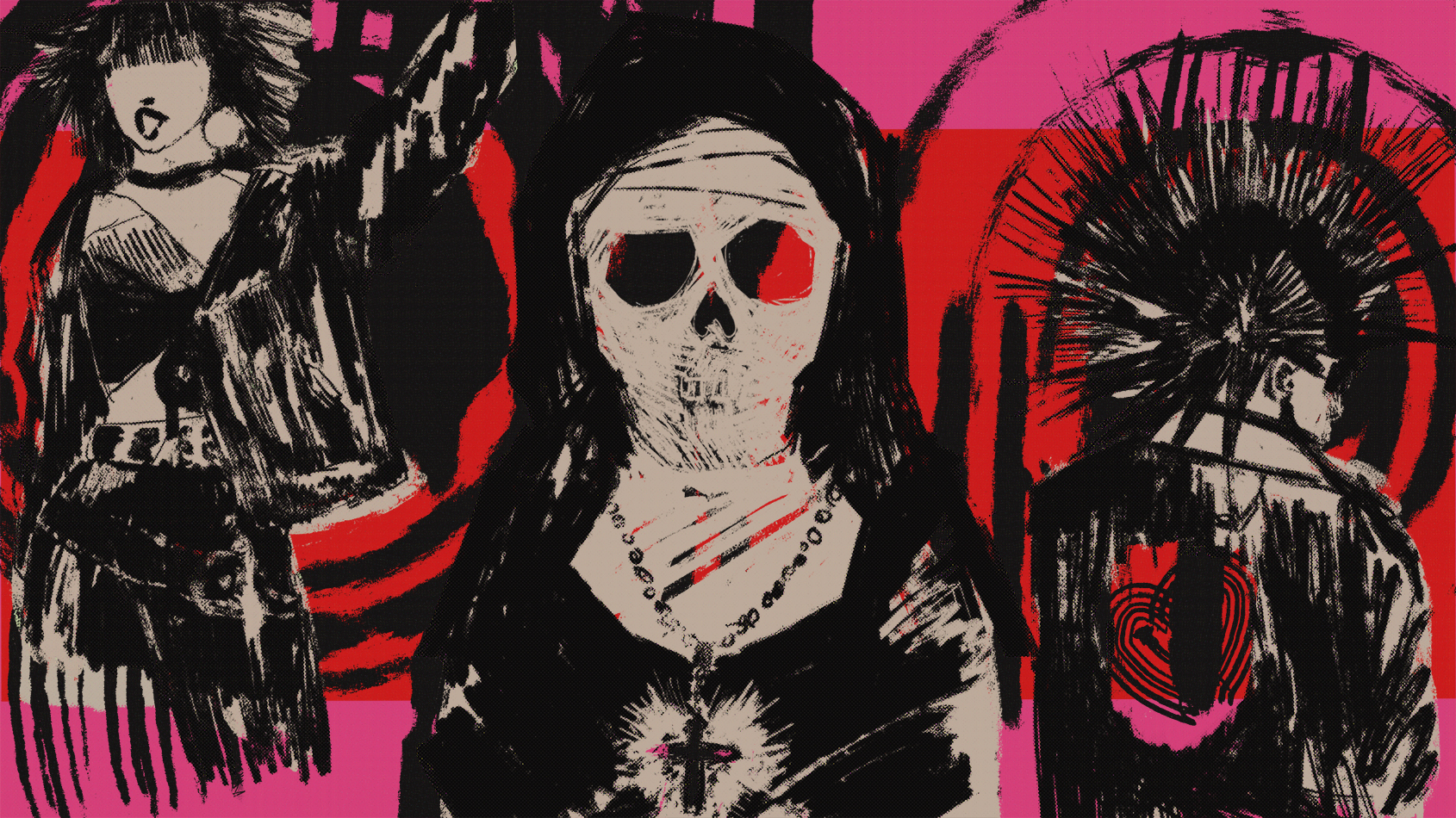
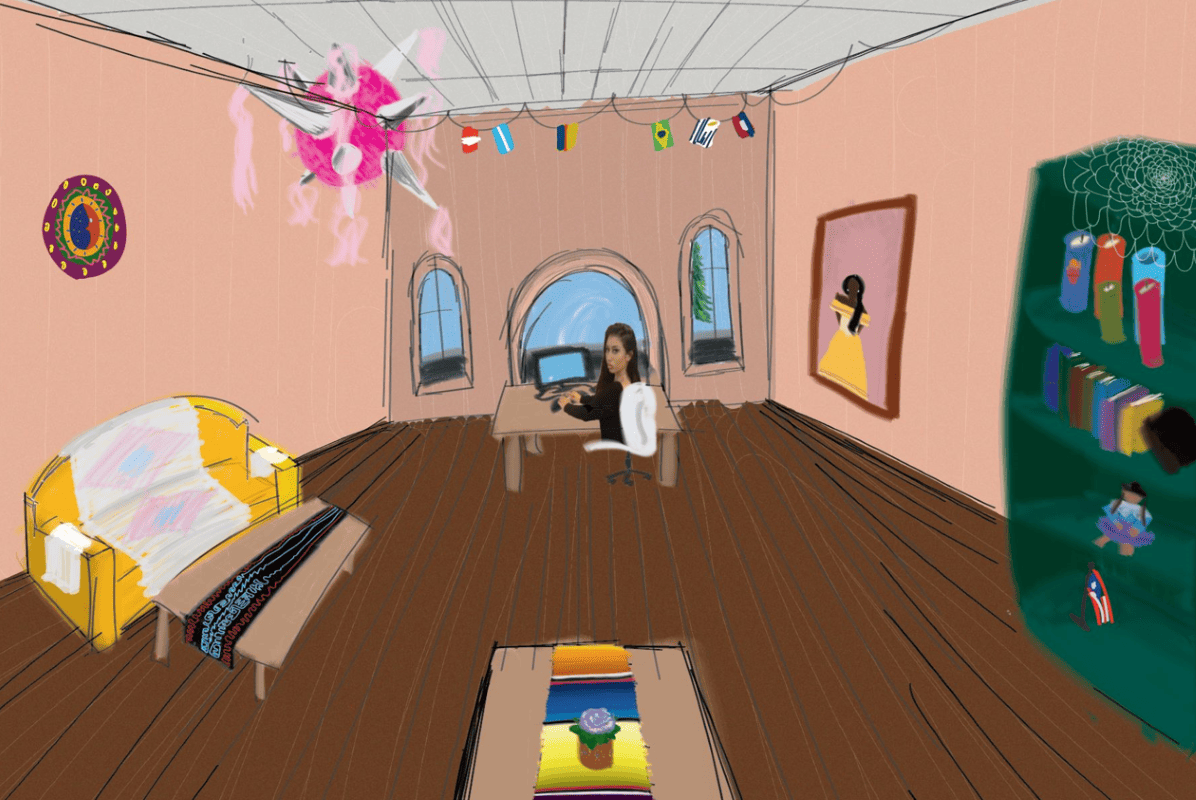
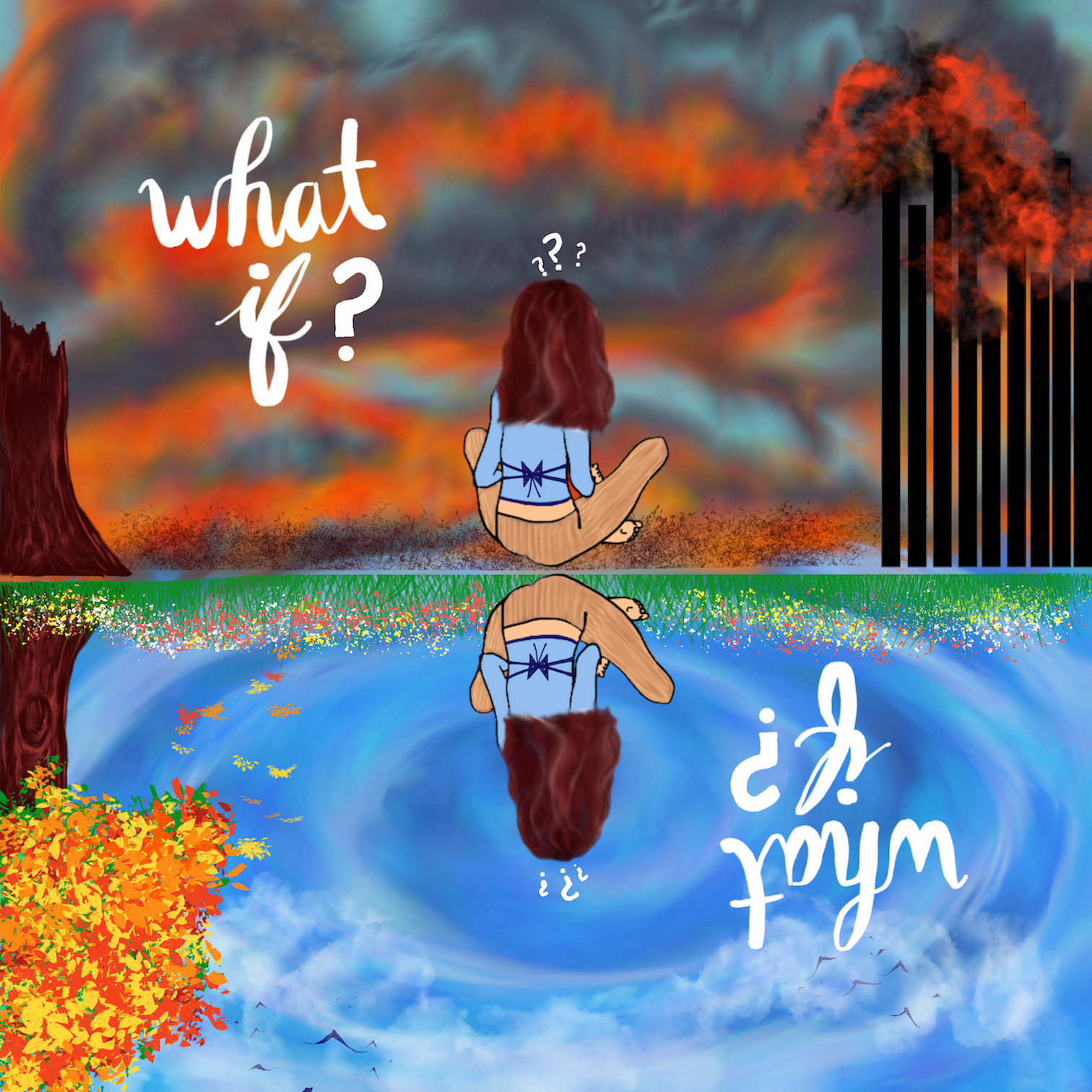
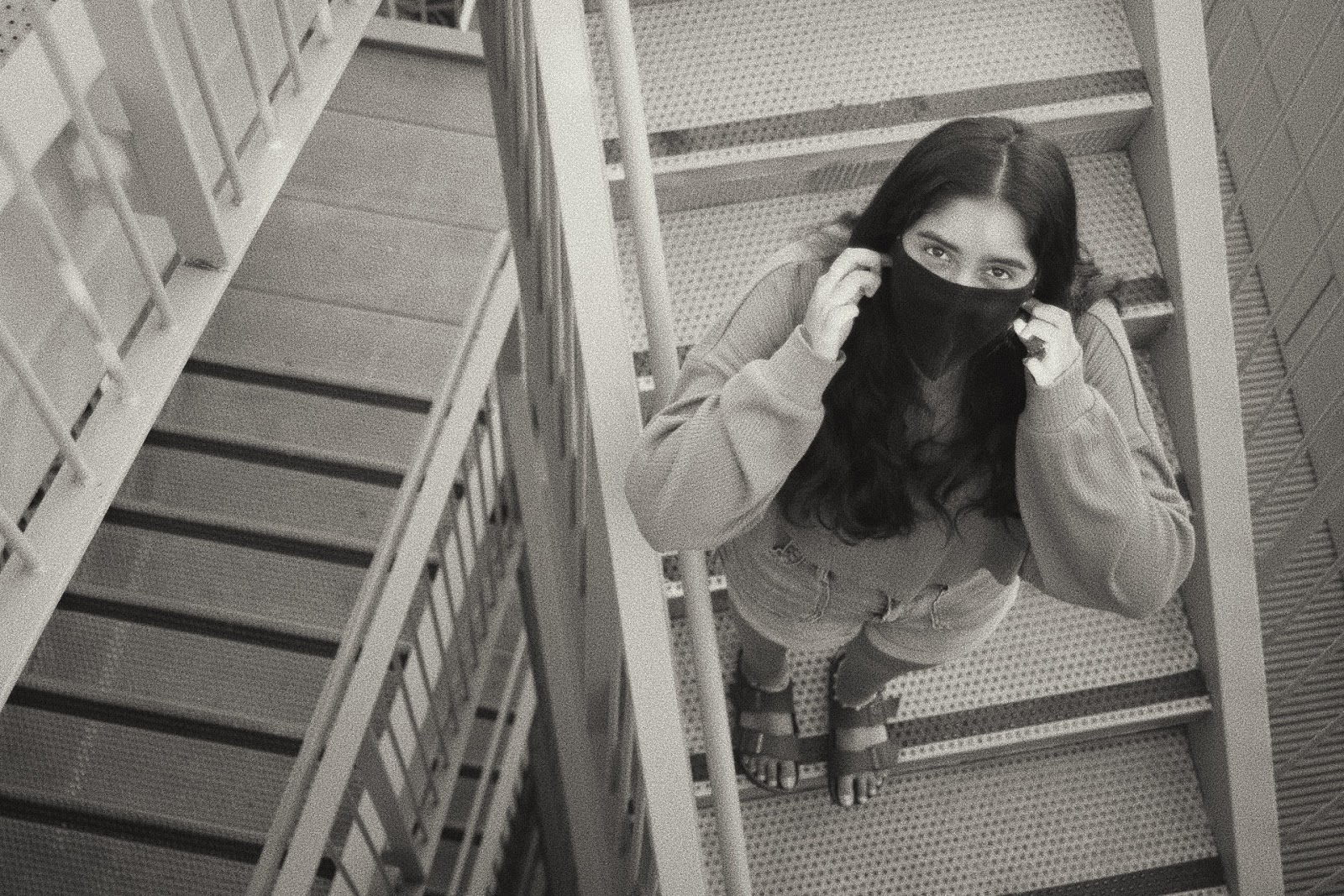

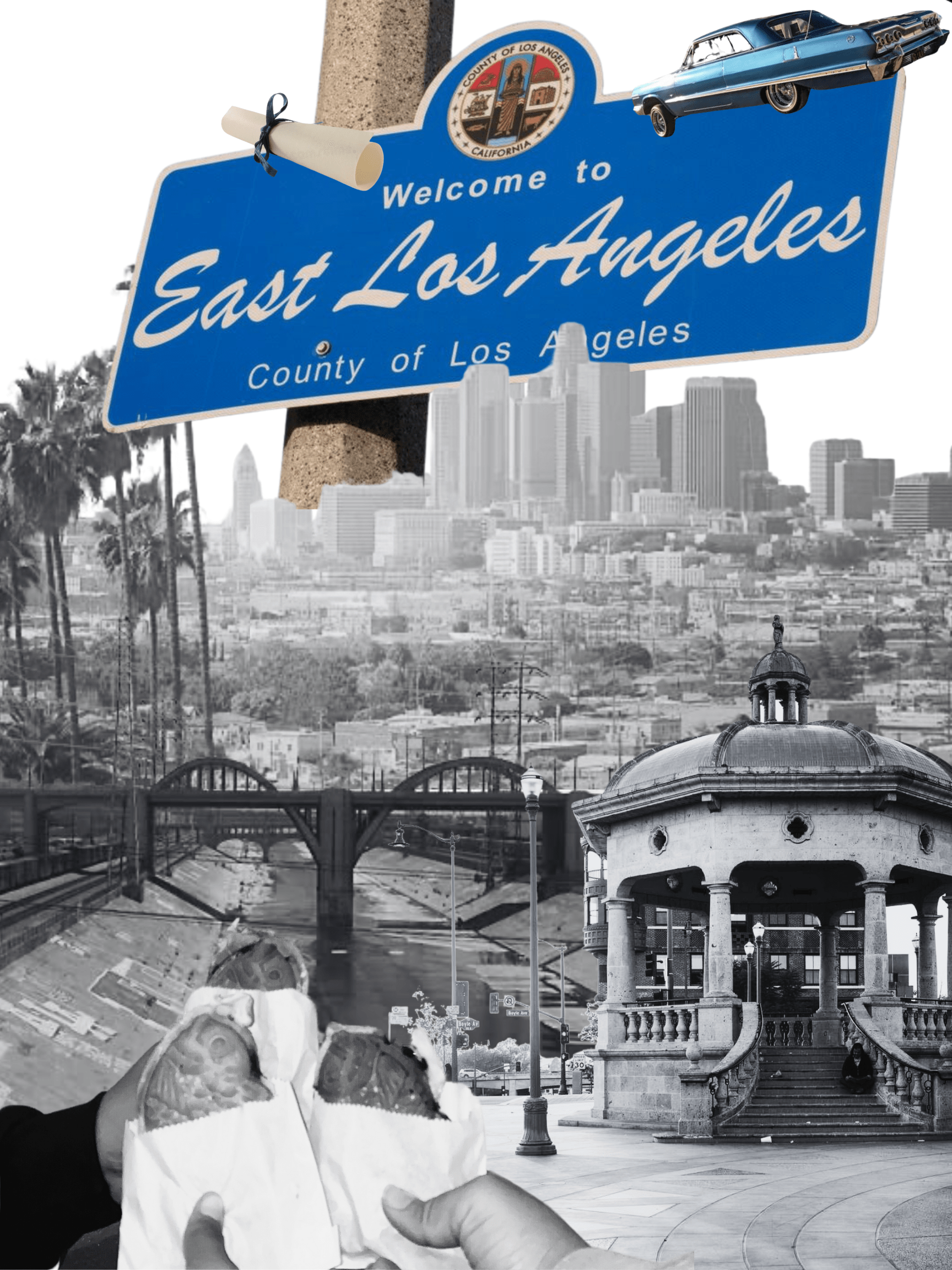
Leave a Reply
Want to join the discussion?Feel free to contribute!